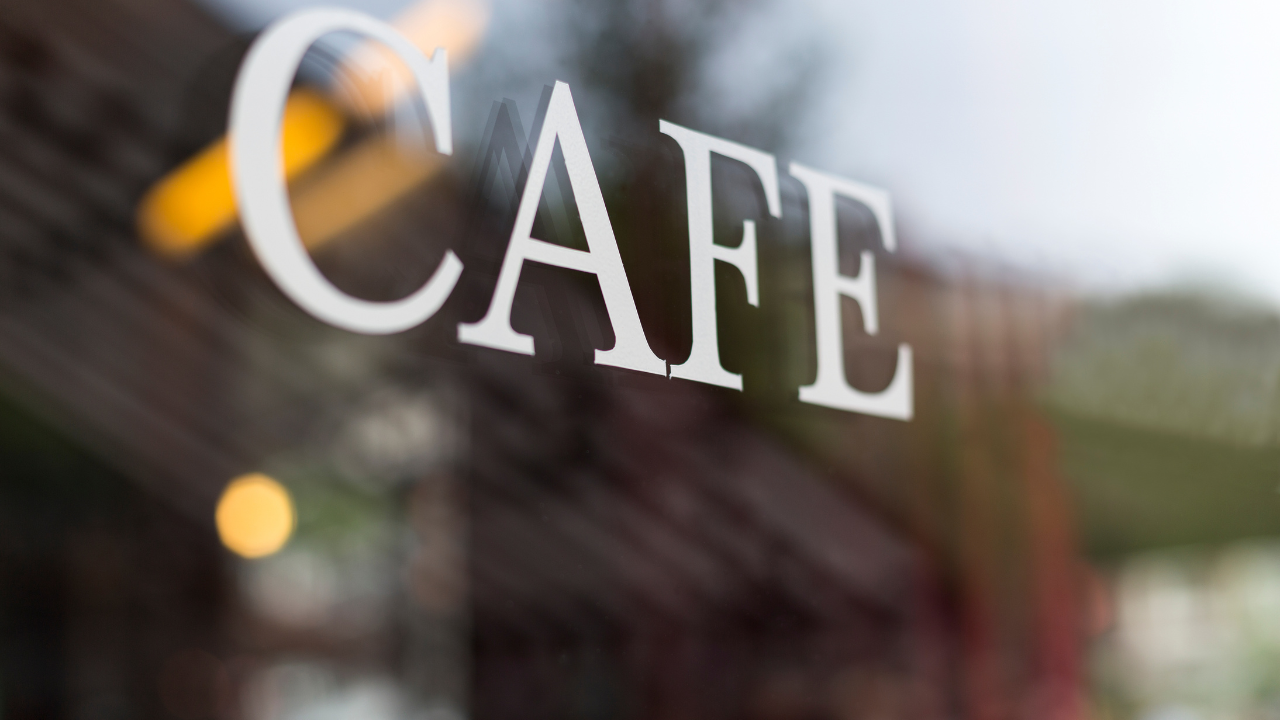
10 French Words That Have No Direct English Translation
Oct 06, 2024When learning French, you'll encounter words that don’t quite translate into English with the same nuance. These words often reflect cultural concepts or emotions unique to the French language, making them fascinating for language learners. In this post, we’ll explore 10 French words that have no direct English translation, helping you enrich your vocabulary and understanding of the French language.
1. Dépaysement
This word captures the feeling of being disoriented or out of place, especially when you're in a foreign country. It refers to the sense of displacement one feels when removed from a familiar environment, often evoking a mix of unease and excitement.
- Example: Après des mois de voyage, je ressens toujours ce dépaysement en arrivant dans un nouvel endroit. (After months of traveling, I still feel that sense of displacement when arriving in a new place.)
2. Retrouvailles
Retrouvailles refers to the joy of reuniting with someone after a long separation. It’s more than just “reunion”; it conveys the deep emotional connection and happiness of being together again.
- Example: Les retrouvailles avec ma famille après deux ans ont été remplies de larmes de joie. (The reunion with my family after two years was filled with tears of joy.)
3. Flâner
Flâner means to stroll or wander aimlessly, especially in a leisurely and relaxed manner. In English, we might say "to take a walk," but flâner is more about enjoying the surroundings without a specific destination in mind.
- Example: J'adore flâner dans les rues de Paris le dimanche après-midi. (I love to stroll through the streets of Paris on Sunday afternoons.)
4. Esprit de l'escalier
Literally translated as “staircase wit,” this phrase describes the feeling of thinking of the perfect comeback or clever remark when it’s too late. It’s that frustrating moment when you realize what you should have said after the conversation has ended.
- Example: J'ai eu l'esprit de l'escalier après notre discussion, j'aurais dû lui répondre plus intelligemment. (I thought of the perfect comeback after our conversation, I should have responded more cleverly.)
5. La douleur exquise
This poetic phrase translates to “the exquisite pain,” but it specifically refers to the heartache of wanting someone you can’t have. It's a romantic and tragic feeling, often associated with unrequited love.
- Example: Elle éprouvait la douleur exquise chaque fois qu'elle pensait à lui. (She felt the exquisite pain every time she thought of him.)
6. Empêchement
Empêchement describes a last-minute, unavoidable conflict that prevents you from attending an event or fulfilling a commitment. It’s more than just an “obstacle”; it’s an unexpected circumstance that leaves you apologizing for the inconvenience.
- Example: Je suis désolé, j'ai eu un empêchement et je ne pourrai pas venir ce soir. (I’m sorry, something came up and I won’t be able to come tonight.)
7. L’appel du vide
Translated as “the call of the void,” this expression refers to the inexplicable urge to do something dangerous, like standing on the edge of a cliff and feeling a sudden desire to jump. It doesn’t mean you want to act on it, but the feeling is real and unsettling.
- Example: L'appel du vide m'a traversé l'esprit en regardant en bas du précipice. (The call of the void crossed my mind as I looked down the precipice.)
8. Savoir-faire
While it can be roughly translated as "know-how," savoir-faire carries a deeper sense of finesse, social skills, and the ability to handle any situation with grace and competence.
- Example: Sa capacité à négocier des contrats complexes avec un tel savoir-faire est impressionnante. (His ability to negotiate complex contracts with such skill is impressive.)
9. Coup de foudre
This phrase means “love at first sight,” but it literally translates to “thunderbolt,” emphasizing the sudden, intense impact of the emotion. It can also refer to a sudden stroke of inspiration or passion.
- Example: Quand je l'ai vu pour la première fois, ça a été un coup de foudre. (When I saw him for the first time, it was love at first sight.)
10. Chaleur humaine
Chaleur humaine refers to the warmth and friendliness of human interaction. It’s not just about being warm or friendly, but the genuine feeling of warmth you get from a positive human connection.
- Example: J'ai ressenti une véritable chaleur humaine dans ce village accueillant. (I felt genuine warmth in this welcoming village.)
Why Learning These Words Matters
These words highlight the richness and complexity of the French language, offering insights into French culture and ways of thinking. By learning them, you're not just expanding your vocabulary, but also gaining a deeper appreciation for the nuances that make French such a beautiful and expressive language.
How to Incorporate These Words Into Your Learning
To truly master these words, try incorporating them into your daily conversations or writing exercises. Use dépaysement to describe how you feel in a new place, or flâner the next time you take a relaxed stroll through your city. The more you practice, the more naturally these words will become part of your vocabulary.









